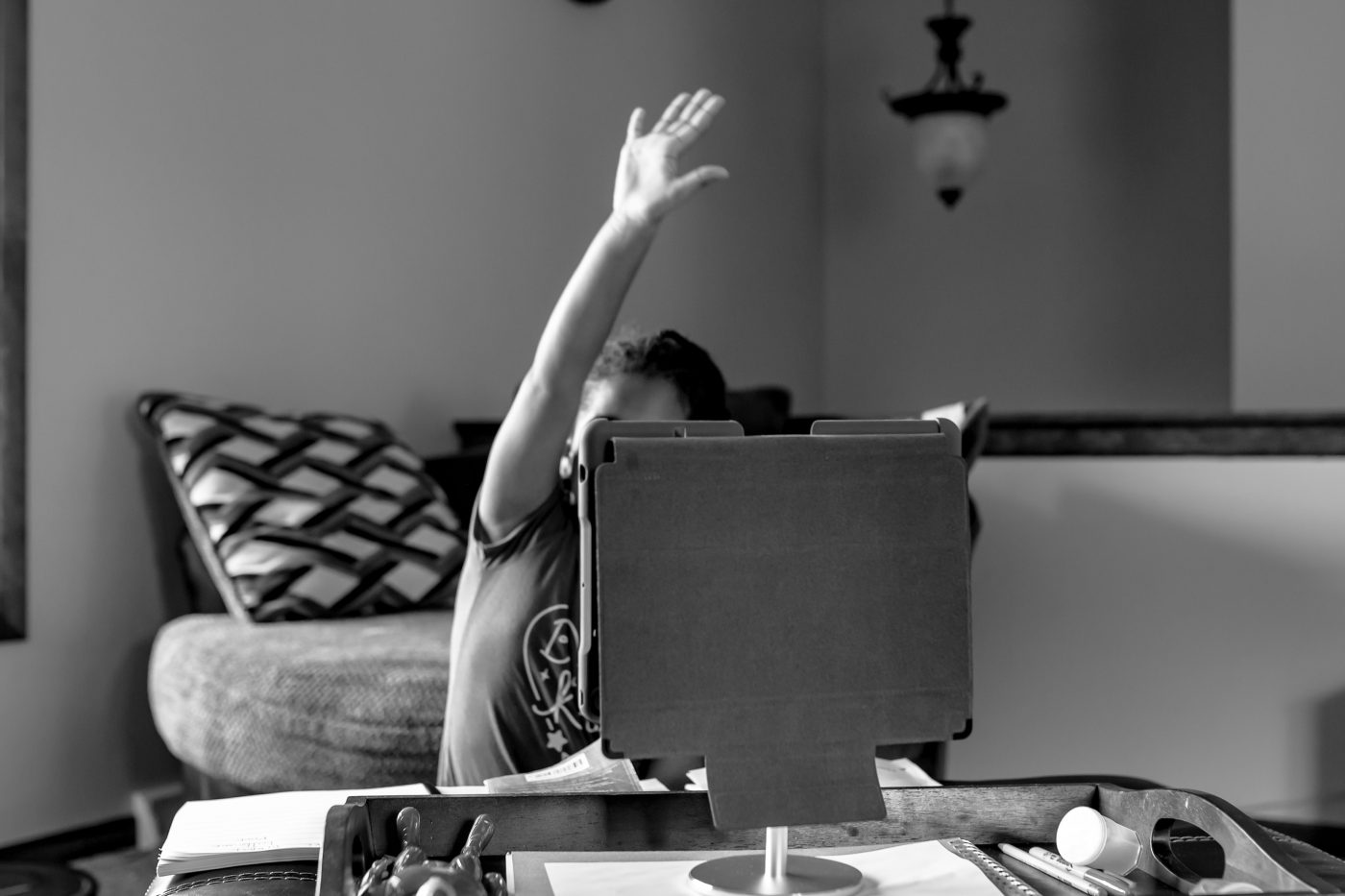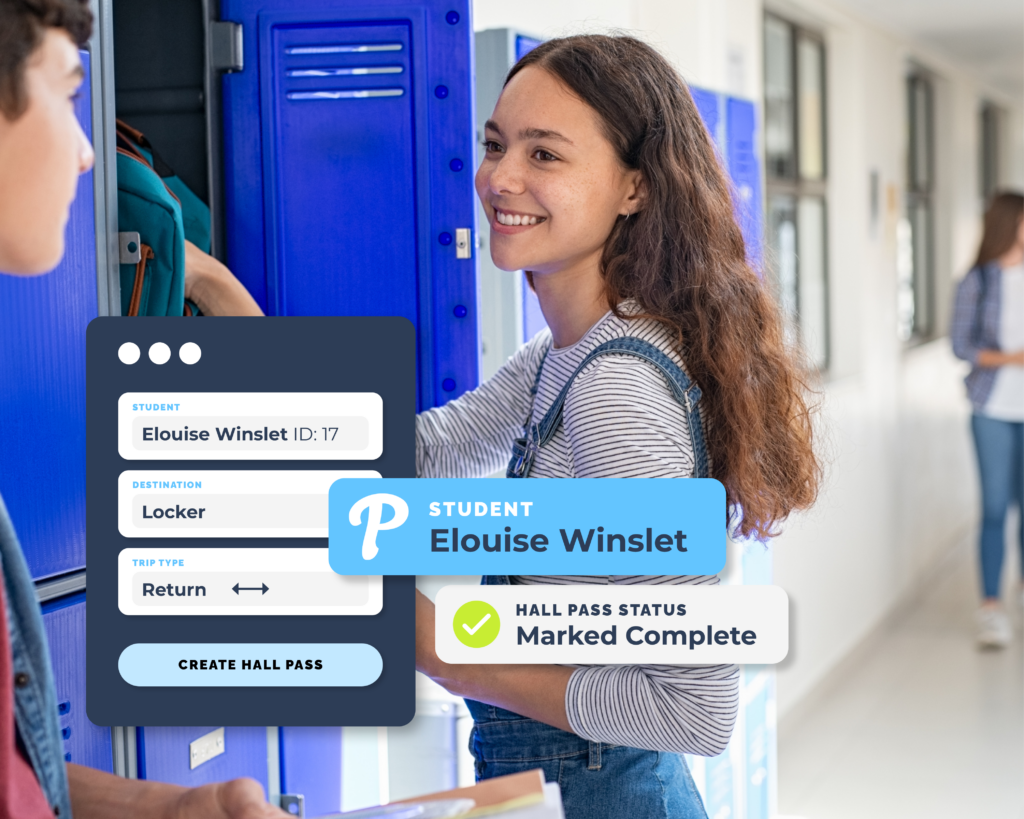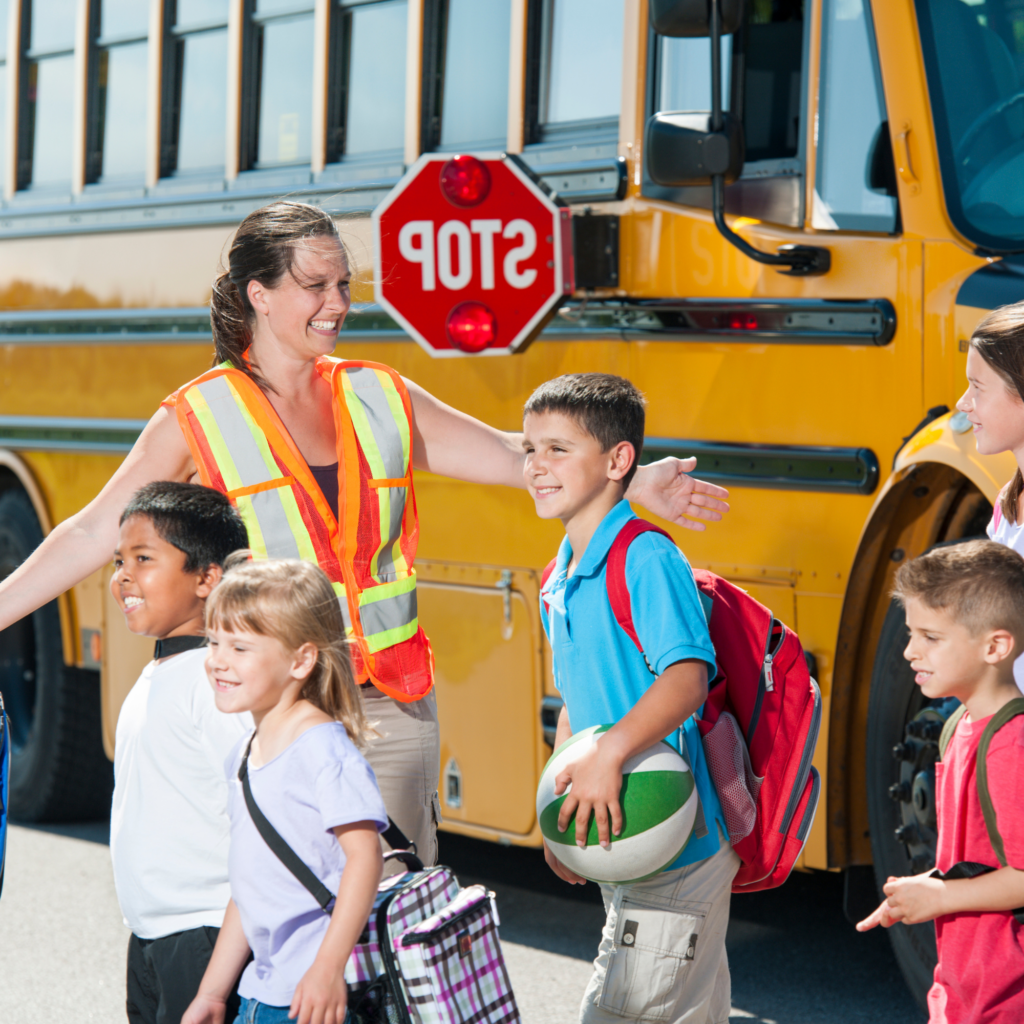Stress is a feeling of tension that arises in response to certain stimuli. Moderate levels of stress are sometimes beneficial, and can even improve performance. However, prolonged exposure to stress can be harmful to both physical and mental health.
Anxiety and stress always accompany us to some extent, but in the past year, they have seeped into every aspect of our lives, including learning. A lot of our own and our children’s routines were disrupted, which left everyone feeling confused and uneasy. Most students were forced to transfer to distance education, had to figure out how to make it work, and so did their families. However, let’s be honest – most of us are still struggling with managing distance learning while coping with stress in the meantime. It’s important to understand that distance education is hard on everyone – students, teachers, and parents alike.
In order to help us get better at coping with distance learning in these stressful times, we have put together 10 tips that will lighten your load. Keep reading if you wish to learn how you can take the stress out of distance education!

10 Foolproof Tips on Reducing Stress during Distance Education
1) Create a routine and stick to it.
First of all, you should develop a daily routine for both yourself and your kid. You should create a schedule for all your daily activities and follow it – sleep a certain amount of hours, wake up, have breakfast at approximately the same time each day, start your lessons on time, be consistent about their duration, breaks, lunchtime, etc.). Drastic changes in daily regime can cause stress while following consecutive familiar steps brings ease of mind, makes our day feel normal and productive.
2) Manage school/life balance.
This goes hand in hand with sticking to a routine – time in a day should be dedicated to both studying and rest, while one must not skip out on any of these aspects. Spending appropriate time learning and relaxing is important, as it helps people stay organized, not overwork themselves or slack.
Related Article – Tips to Practice Student Safety Every Day
3) Learn together.
Parents and family members of school kids can increase the attractiveness of distance lessons if they try to master some of them together with their children. This way learning will turn into a dialogue, or maybe even into an exciting, informative game. It can help with a kid’s motivation, be an opportunity for parents to learn their children better.
4) Be smart about the media your child consumes during distance education.
While spending most of the time at home, everyone needs to stay in contact with their close social environment via phone, messengers, etc. However, it is necessary to reduce the flow of information. Don’t spend too much time on the news or social media – check them only 1-2 times a day. When communicating with loved ones, try not to focus on topics that bring stress and concern.
Turn off or mute social media and other non-crucial notifications during a lesson – cut back on information noise while a child is studying. Disable pop-up notifications on smartphones and computers, do not allow access to social networks during the lesson.
Related Article – Supporting Families Schooling from Home in Lockdown
5) Stay active.
Encourage kid’s physical activity. It is proven that physical activity releases endorphins that make us feel better, as well as reduces levels of cortisol, adrenaline – hormones responsible for stress. Remember that kids are naturally more active than adults and that they must release their energy somehow, otherwise concentrating on studies will be hard for them. Kids typically partake in group sports, other activities at school, so you should try replicating them at home – you can play basketball together in your backyard, do a simple workout, etc.

6) Spend time outside.
Being in nature is highly beneficial for our mental health, managing stress levels. A daily walk is a must, especially for kids that spend additional time in front of the computer. According to recent studies, spending as little as 10 minutes outside can reduce stress and anxiety in students, promote happiness.
7) Keep in touch with teachers.
Track your kid’s curriculum, activities, progress, and behavior. Check with teachers periodically, follow your child’s learning process, ask about new programs that can make your distance learning more stress-free and effective. Teachers experienced distance learning first hand, so they will likely have more insight into managing remote learning than you do – don’t be afraid to ask for their advice.
Related Article – 5 Ways to Keep Your Kids Stress Free this Holiday Season
8). Be Supportive of Your Child’s Distance Education.
Don’t stress for perfection, leave room for error – then there will be fewer reasons for anxiety, making you less stressed. Remember that the current situation is taxing on everybody – your kid included – and we all need to prioritize our wellbeing before academic achievements. If you see that your kid is struggling with school tasks, offer your help and support instead of criticism.
Keep in mind that the workload during distance education is usually even more substantial than before, as kids must learn a lot more information on their own. Monitor your kid’s assignments, if you see that they are piling up, offer a helping hand. For one, you can help your kid with research for creative assignments such as essays. If you need some ideas – go here, view great essay samples you can get inspiration from.
9) Give kids some space.
Attending school wasn’t only about learning – children also used it to have some fun away from their family, interacting with peers and spending their breaks and other free time as they saw fit. This is why it is necessary to allow periods of independent activity for a child during a day – even when they are at home 24/7 it is not necessary to entertain and occupy them all the time. Dedicate enough time in a day for leisure, entertainment, or other activities kids like engaging in, and allow them to spend this time on their own if they want to.
10) Communicate.
It is important to regularly speak with children about their experiences, feelings, emotions. It is necessary to discuss the future, make fun plans together, as it will create the anticipation of something good and exciting, and will help take the kid’s mind off today’s uncertainties. Try relating to your children, tell them how you dealt with stress and difficult times in your life, make them understand that it’s ok to feel what they are feeling. It is known that children who feel supported deal with stress more successfully.
Schooled by Distance Education
Distance education doesn’t have to be stressful – you can make it feel almost as normal as going to school with only a bit of creativity and dedication. Get the situation under control with our simple tips, and create your own ways to battle stress and anxiety your children may feel in association with distance learning. Now that you are equipped to make positive changes in your kid’s learning process, you should get on it, making their daily lives more balanced and stress-free.



